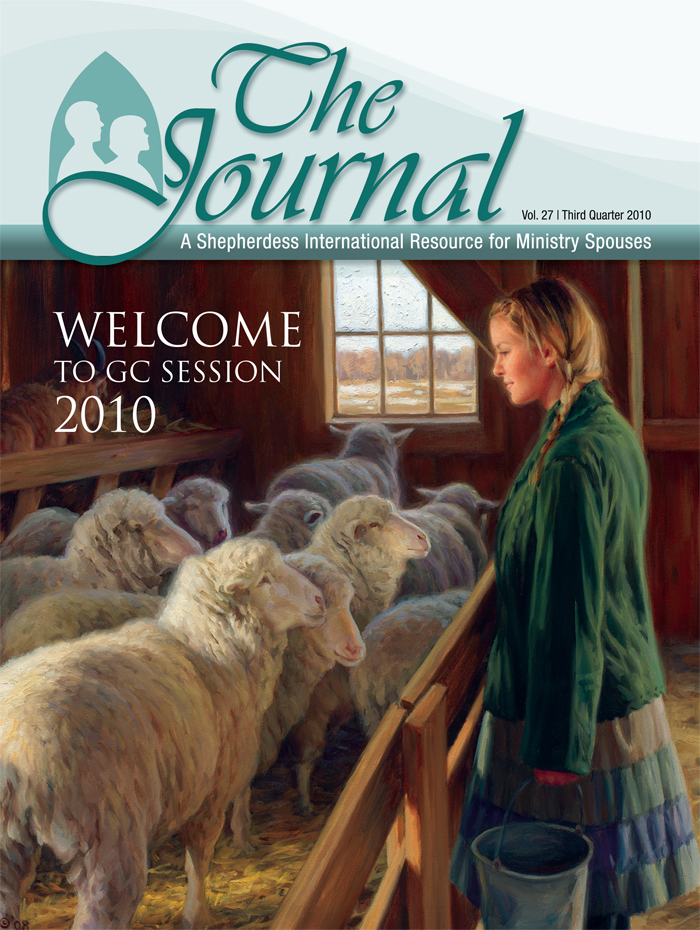If you’re a frequent flyer, you know all too well how daunting air travel can be. Airplanes are like germ incubators, and their dry, cramped conditions make the flying experience far from comfortable. However, following a few air travel health tips can be the difference between discomfort, stress, and possible illness, and a smoother, more relaxing experience.
THE CARRY-ON: A TRAVELER’S BEST FRIEND
A carry-on bag is a convenient tool that makes any traveler’s journey less cumbersome. Your carry-on should be packed with items that can carry you through a day or two in the event your checked luggage is lost or delayed. Pack items such as:
- All medications you take regularly or may need on the trip
- A change of clothes
- Your camera
- Contact lenses and/or glasses (and a spare set if possible)
- Your purse and any valuable papers
- Books and magazines
- Toothbrush, comb, non-liquid toiletry essentials
- A sweater or wrap
- Snack foods
- A favorite pair of lightweight shoes or slippers
For safety, always carry your passport and ticket on your body or in a small purse (which you are holding firmly).
Do not include aerosol cans like hairspray in your carry-on, as the air pressure could cause the can to explode. Be mindful of the strict rules regarding liquids (shampoo, hand creams, etc.). Follow airport protocols to avoid problems at the security checkpoints.
AVOIDING PAINFUL EARS
If your ears hurt when you fly, try taking a decongestant medication before getting on the plane (remembering that decongestants can be dehydrating). Yawning, drinking liquids, and chewing gum also help to relieve pressure on the ears.
TRICKS FOR DEALING WITH AIR WOES
Oftentimes passengers will experience flu-like symptoms shortly after they’ve boarded the plane. Headaches, sluggish or lightheaded feelings, sore throats, coughing, dry lips, and dry or watery eyes are in fact due to the elbow-to-elbow seating and lack of fresh air. The culprit here—an increased level of carbon dioxide—is brought about by those very conditions of limited air and too many people sharing it. Additionally, the air at soaring altitude is drier than the atmosphere above the Sahara Desert. Dehydration can easily exacerbate any of the above symptoms. The following tips may be helpful:
- Drink plenty of fluids (preferably water) before, during, and after your flight.
- Use moisturizer and lip balm to combat the dry air.
- Eat sparingly.
- If you wear glasses, don’t fly with contacts as they will only dry out and further irritate itchy or burning eyes.
- If you’re on a connecting flight and have sufficient time, try to get as much fresh air as you can between connections.
- Clear your head with a hot, steamy shower after you land.
KEEP YOUR CIRCULATION FLOWING
Sitting in such cramped conditions for several hours is terrible for the circulatory system, resulting in swollen ankles, muscle cramps, and blood sitting in the veins and becoming susceptible to clotting (an especially dangerous condition for elderly, pregnant, or obese passengers). If one of your feet, ankles, or legs swells or aches for longer than 24 hours after you board a plane, seek medical help immediately—from an emergency room, if necessary. Here are some helpful hints on how to keep your blood pumping solidly throughout the flight:
- Wear slippers or no shoes at all.
- Avoid crossing your legs for long periods of time.
- Avoid sedatives and sleeping pills.
- While sitting, try to keep your legs elevated.
- Drink plenty of water and avoid caffeine and alcohol.
- Practice some in-seat exercises several times each hour.
- Stand up, stretch, and move about periodically.
- Take a baby aspirin prior to the trip.
AVOID THAT BLEARY-EYED, GROGGY FEELING
Jet lag is no fun, but there are ways to minimize its effects:
- Get plenty of sleep before you leave.
- Plan to arrive at your destination a day or two before an important event.
- Break up the trip to help your body adjust more readily.
- Drink plenty of fluids, preferably water.
- Eat well-balanced meals and avoid overeating.
- Exercise as much as you can on your trip.
- If it’s daytime at your destination, take a walk outside after you get settled to help convince your body to stop producing sleep-inducing hormones.
- Use sleep medicines for only a few days.
- Some anti-jet lag medications are available. Consult your doctor for suggestions.
- Get used to a new time zone by:
- Setting your watch to the new time just before leaving on your trip.
- Following the local meal and bedtime schedules on arrival.
WHEN TRAVEL IS UNADVISED
- Following a heart attack within the last month, a stroke within the last two weeks, or if you suffer from severe high blood pressure or any condition that weakens the heart.
- While experiencing severe respiratory illnesses.
- During a flu illness, a cold, allergies, acute sinusitis, or middle ear infection.
- Within two weeks of abdominal surgery.
- Following a recent skull fracture or brain tumor.
- After recent eye surgery.
- While having an active bleeding disorder.
- If more than eight months (or 240 days) pregnant.
- Within 24 hours of scuba diving (which may activate a bout of the “bends”).
- Newborn babies should not fly during the first few days after birth.
Most people don’t have problems when they fly. For those who do, however, a little preparation, common sense, and awareness of travel tips can make the journey safer and more comfortable. With these tips and other ideas you may have, we hope you will find you can truly ”sit back, relax, and enjoy the flight!”
